With the update of all TMU email addresses from @ryerson.ca to @torontomu.ca, logins to some Library resources have changed. If you have created accounts for some of the specialized databases, or if you log in with your full email address, you may want to update your email address. In some cases, we have been able to make the update for you! Please see below for details on specific electronic resources.
Email addresses already updated for the following databases
(Login with your new email address)
- Capital IQ
- Scifinder-n
- Conference Board of Canada (updated mid-January)
- Fashion & Race
- SimplyAnalytics
- Toronto Star (updated mid-end of January)
- WRDS
Databases that require users to manually update email
(Login with your old email address and add the new email address)
- Uptodate: Log into your account and update the email on file by clicking on your name at the top right. Click on MyAccount and go to Contact information.
- Overleaf: You can add your torontomu.ca email address to your Overleaf account on the Overleaf Account Settings page. See Managing your Overleaf emails.Note: Once single sign on (SSO) is enabled (in early February), you will see a notification in your Overleaf dashboard to log in with SSO and confirm your torontomu.ca email address. For now, while you can add your new address, please keep your old ryerson.ca email address associated with your Overleaf account in order to maintain access to the Toronto Metropolitan Overleaf subscription. Later, when your torontomu.ca address is linked with SSO, you can remove your old ryerson.ca email and maintain the Overleaf subscription with just your torontomu.ca email address.
- New York Times: Log in. Go to nytimes.com and click on the account button near the upper right hand corner. Click on the account setting button. Click “update” next to your email address.
- SciVal & Scopus: Log in and click your initials at the top right. From there, you can use the “Elsevier account” option to change your primary email address or add a secondary one.
- Web of Science & InCites: Sign into Web of Science and click on your username that appears on the top right corner. Select “settings” and then “account settings.” You will be redirected to a new page. On that page, add your new email ID under the “Email” tab.
- WGSN: Log in and click on your initial in the top right corner. Click on “My Account”. You may need to check a box to acknowledge the user agreement. Click on the link that says “change email” and then enter your new email address and click “save.”
For questions or additional assistance, please email refdesk@torontomu.ca
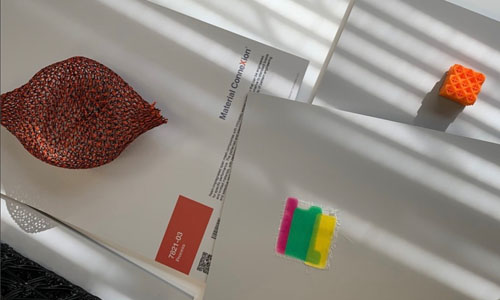
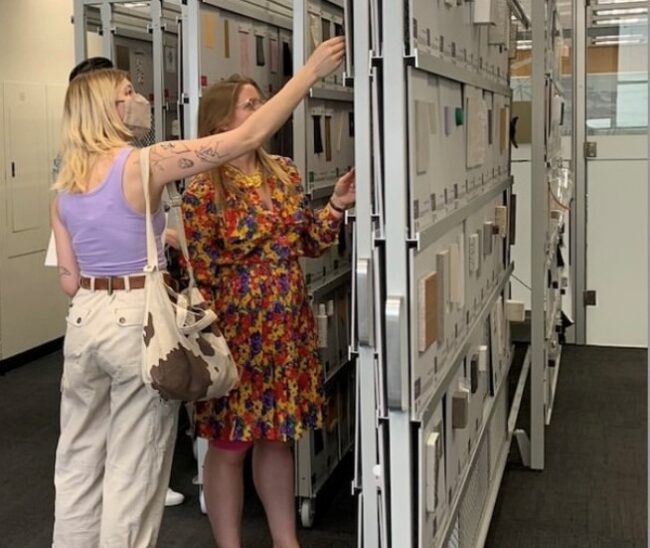
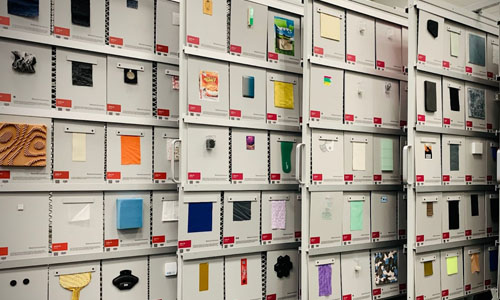

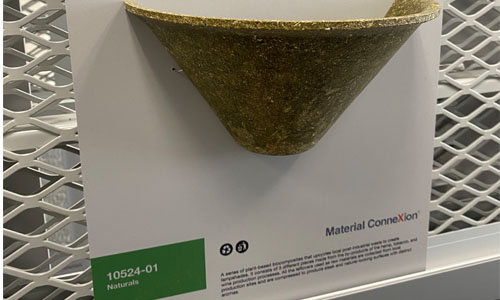

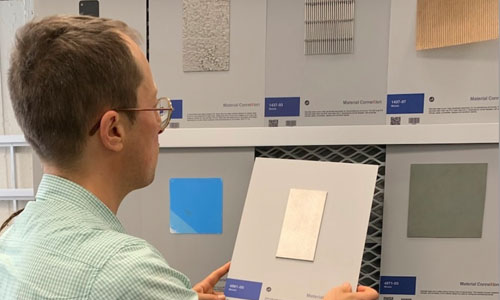
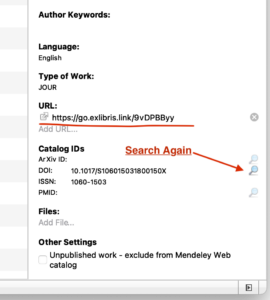
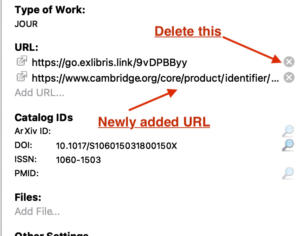

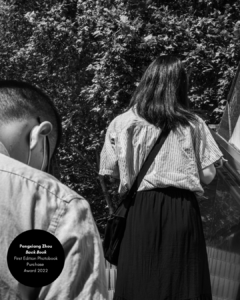
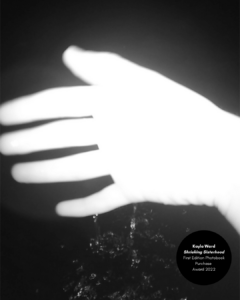
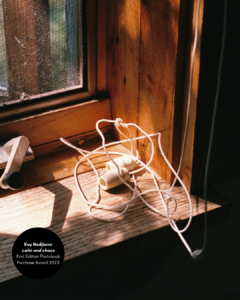

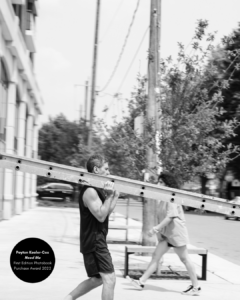
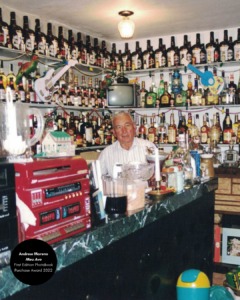
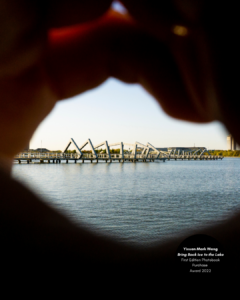
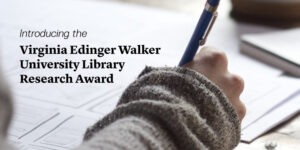 The Library is very pleased to be launching the inaugural
The Library is very pleased to be launching the inaugural